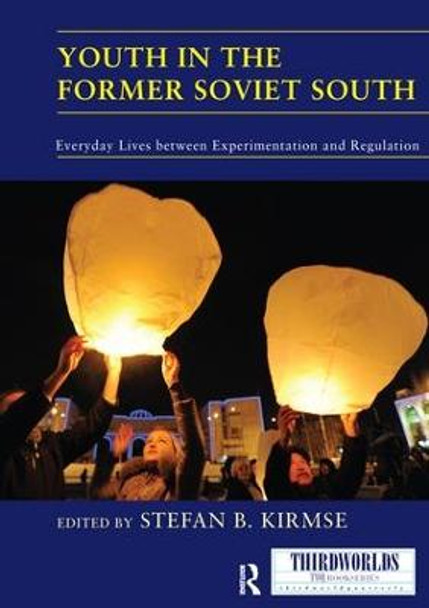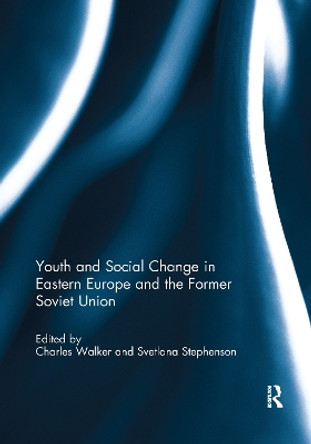Description
This book offers the first comprehensive analysis of youth, in all its diversity, in Muslim Central Asia and the Caucasus. It brings together a range of academic perspectives, including media studies, Islamic studies, the sociology of youth, and social anthropology.
While most discussions of youth in the former Soviet South frame the younger generation as victims of crisis, as targets of state policy, or as holy warriors, this book maps out the complexity and variance of everyday lives under post-Soviet conditions. Youth is not a clear-cut, predictable life stage. Yet, across the region, young people's lives show forms of experimentation and regulation. Male and female youth explore new opportunities not only in the buzzing space of the city, but also in the more closely monitored neighbourhood of their family homes. At the same time, they are constrained by communal expectations, ethnic affiliation, urban or rural background and by gender and sexuality. While young people are more dependent and monitored than many others, they are also more eager to explore and challenge. In many ways, they stand at the cutting edge of globalization and post-Soviet change, and thus they offer innovative perspectives on these processes.
This book was published as a special issue of Central Asian Survey.
About the Author
Stefan B. Kirmse is a lecturer and research fellow at the Department of Eastern European History, Humboldt University Berlin, Germany. His research and teaching focuses on Russia and post-Soviet Central Asia.
Book Information
ISBN 9781138209756
Author Stefan Kirmse
Format Paperback
Page Count 176
Imprint Routledge
Publisher Taylor & Francis Ltd
Weight(grams) 453g





